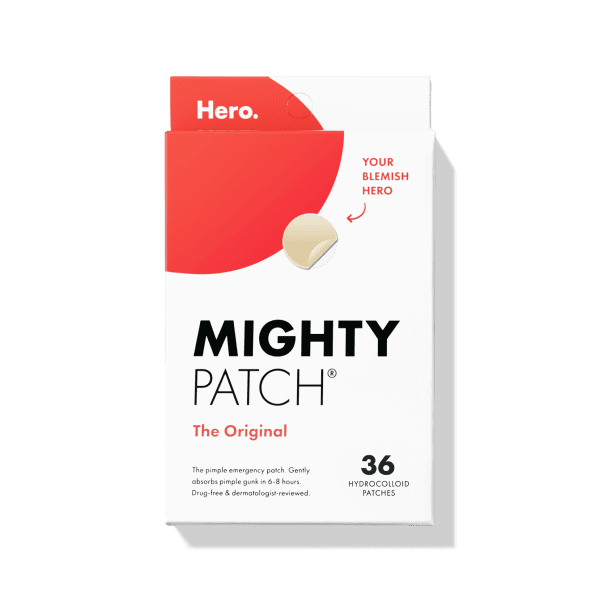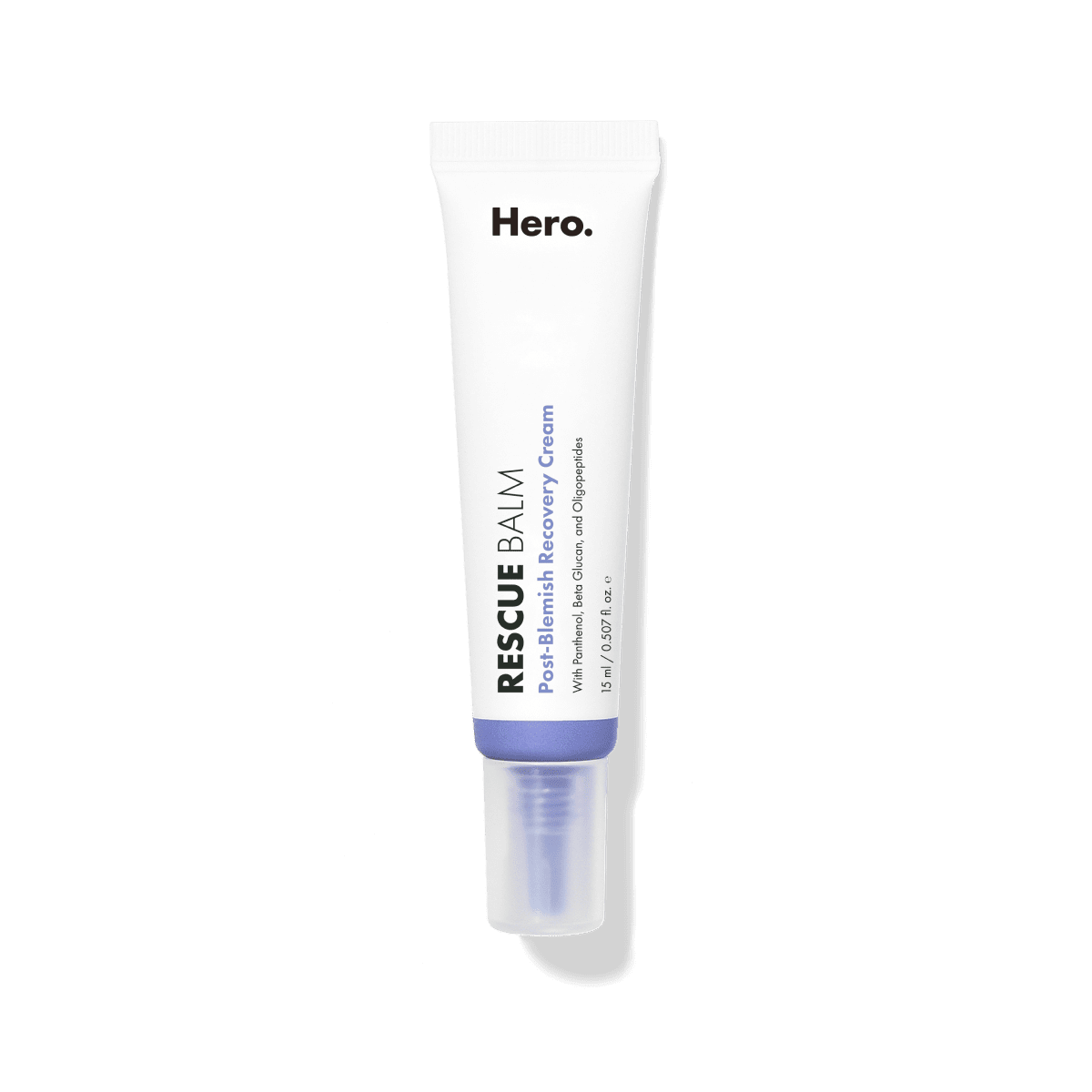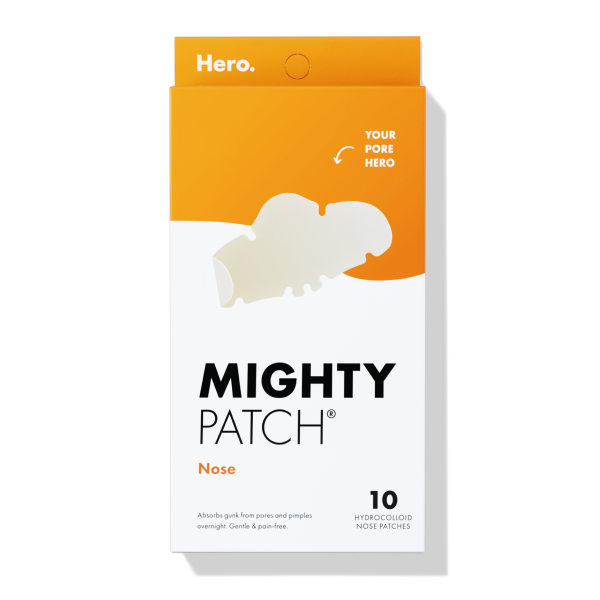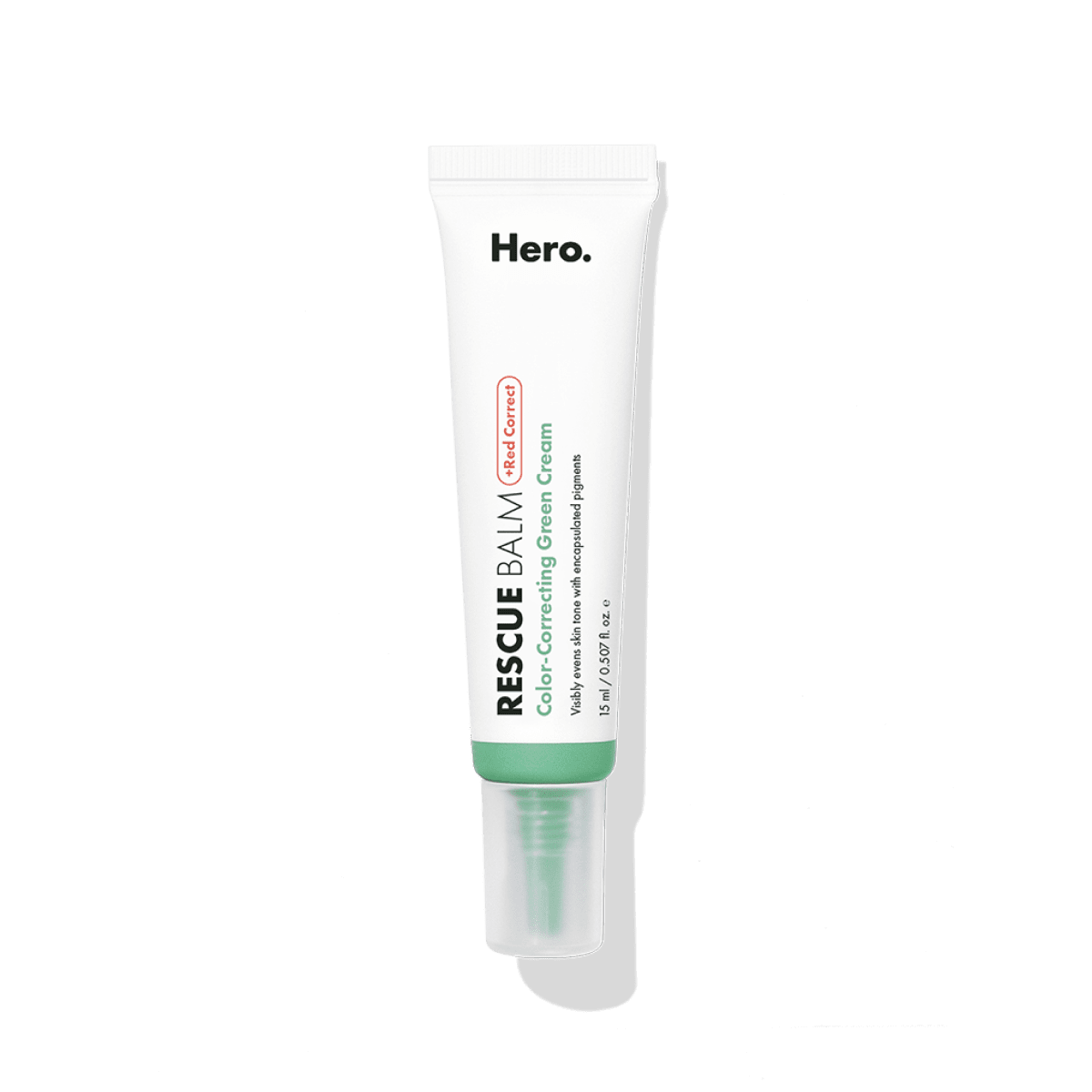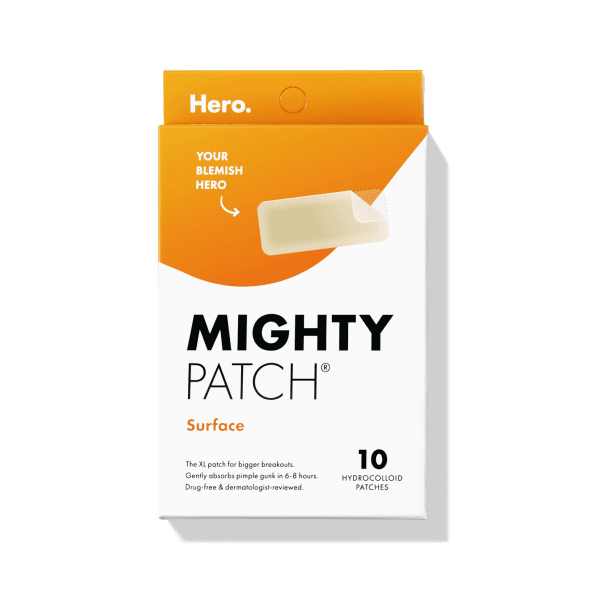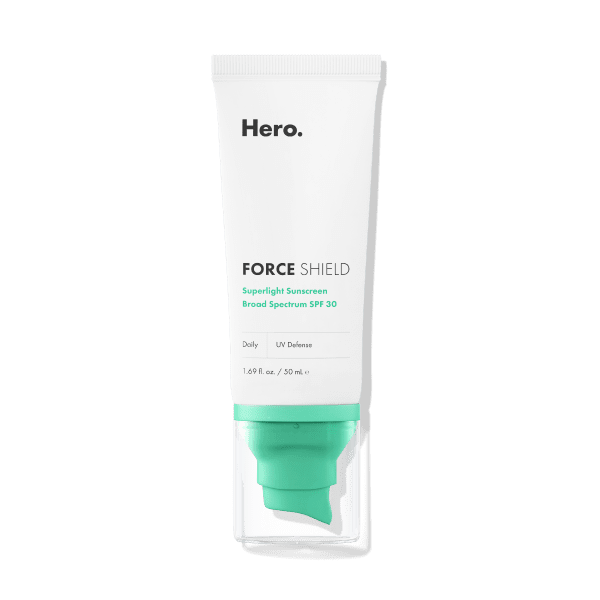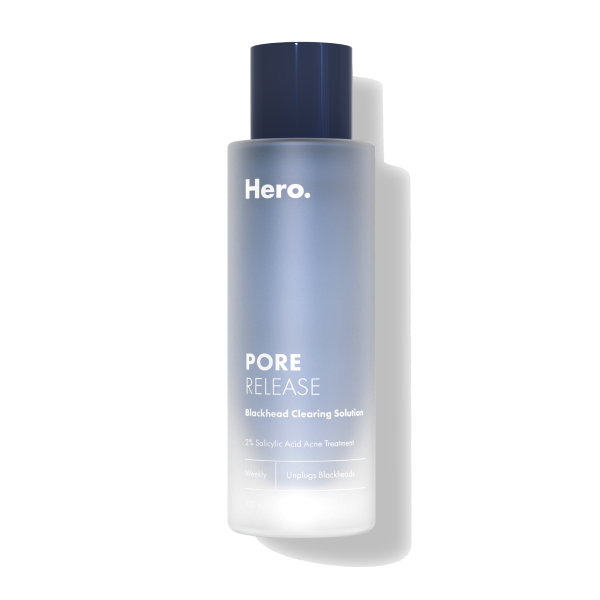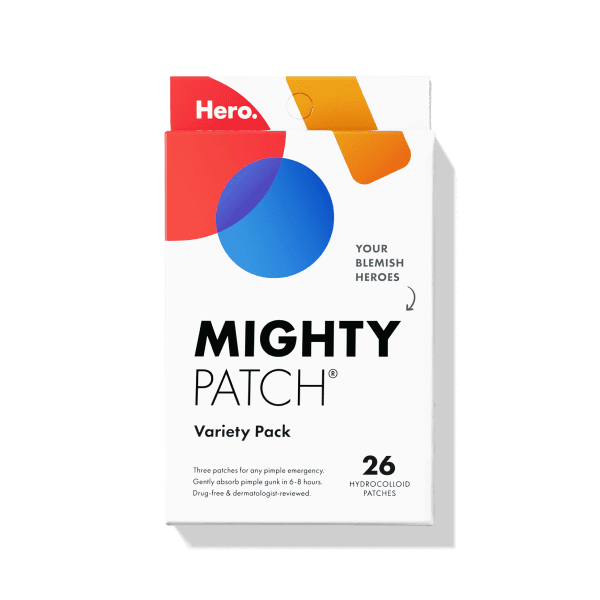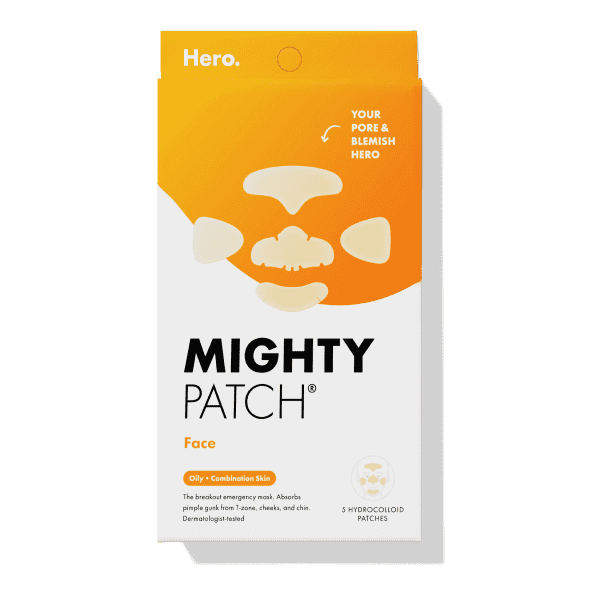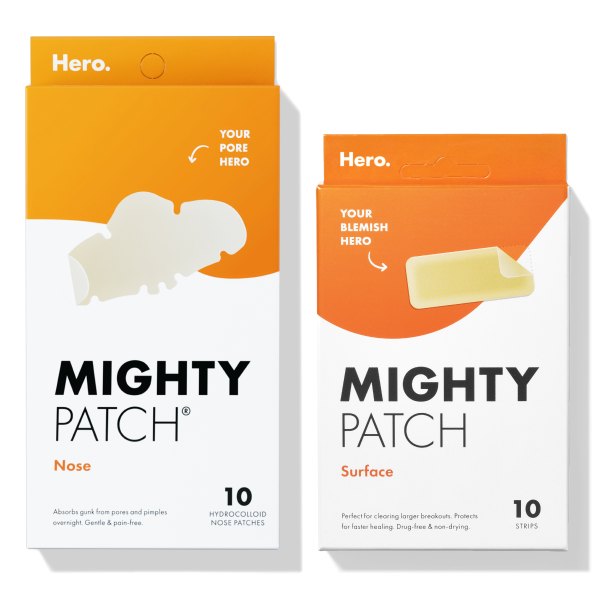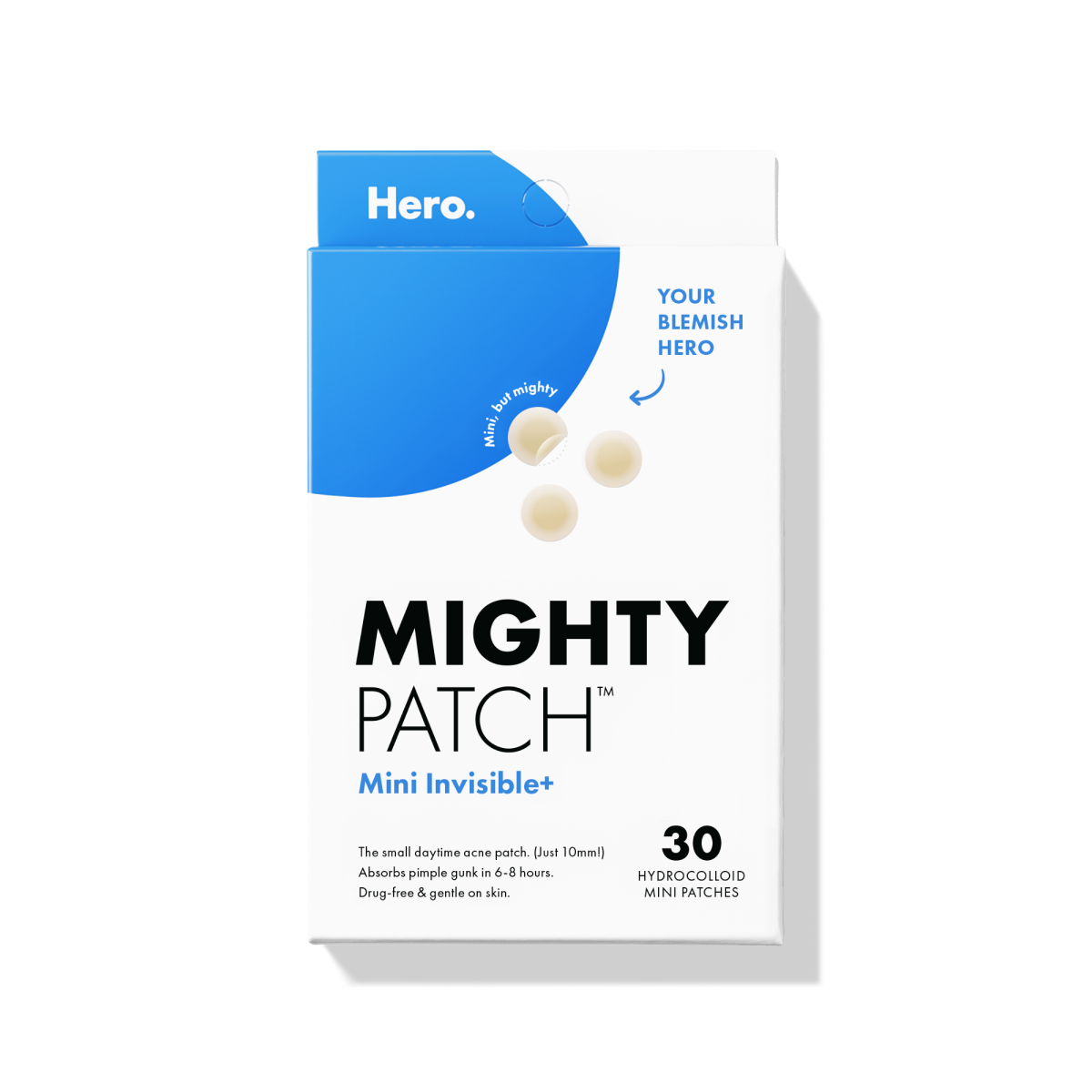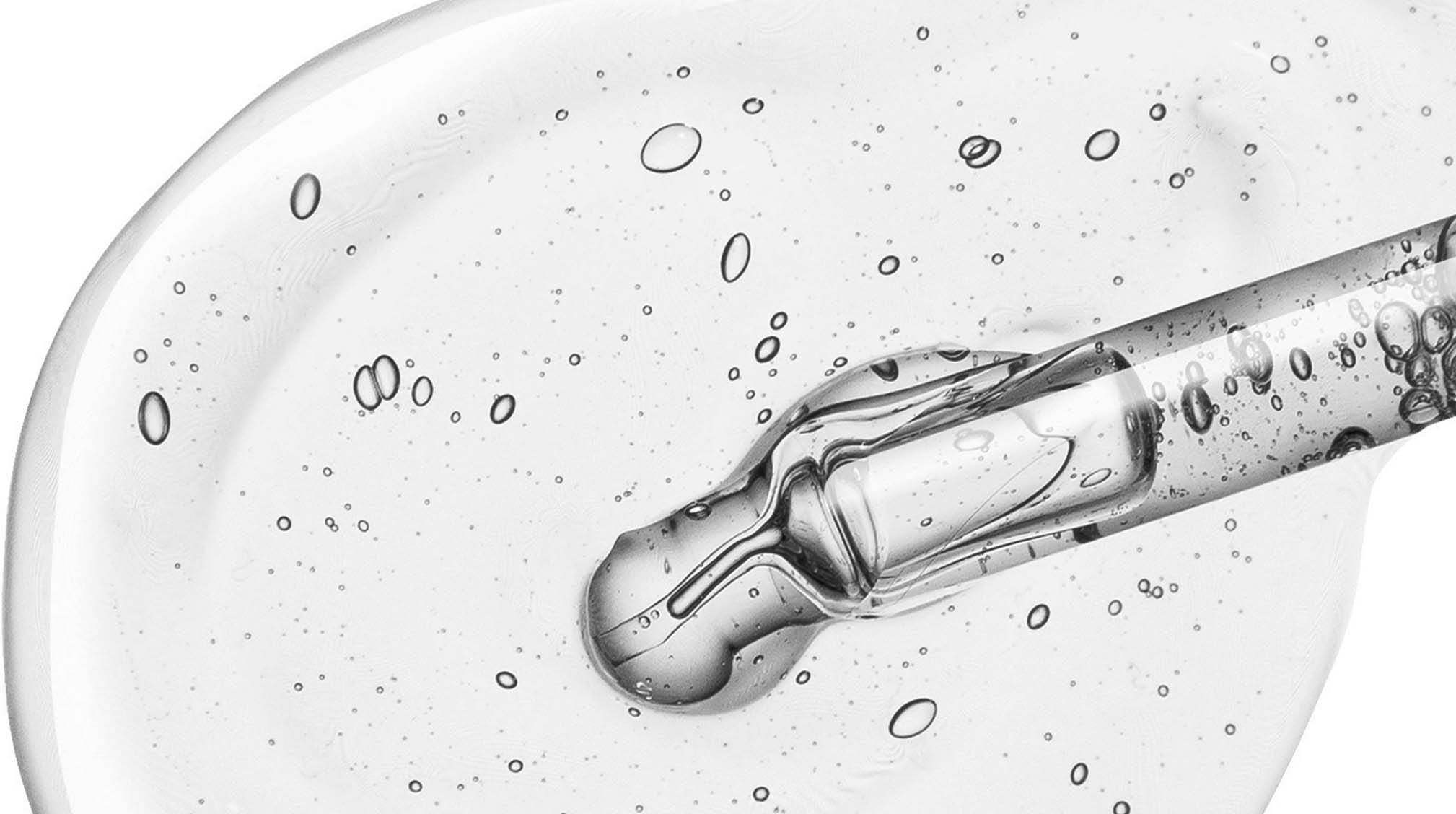
Today, retinoids are the darling of the anti-aging skincare world, but even before you could find them in wrinkle and night creams, that blue-and-white Retin-A tube has been a mainstay on teenage vanities for decades
But what exactly is a retinoid (or retinol)? Is it safe to use? And, most importantly, how can it help with acne?
Those are exactly the questions we are going to answer today.
What is a retinoid?
Both retinoids and retinol are derivatives of vitamin A (naturally found in carrots, eggs and sweet potatoes) that get converted into retinoic acid, regulate skin cell turnover and stimulate the production of collagen.
Retinoids refer to the entire family of Vitamin A derived compounds, or any over-the-counter (OTC) or prescription strength product that contains retinol, retinaldehyde, retinoic acid or any synthetic derivative. Prescription retinoids contain active retinoic acid, but OTC retinoids are gradually converted to retinoic acid through a reaction (conversion) in the skin.
Retinol is naturally occurring Vitamin A, and typically found in milder, OTC products. While prescription retinoids show more dramatic results, retinol works a bit slower because it requires conversions to become retinoic acid.
How do they work?
Retinoids prompt surface skin cells to turn over and die, which then prompts new cell growth underneath. They hamper the breakdown of collagen and thicken the deeper layer of skin. One common misconception is that retinoids thin the skin because they can cause peeling and redness in the first few weeks of use, but they actually thicken the skin.
In addition, retinoids can unclog pores, allowing skincare creams, gels and treatments to work better. They also reduce acne by preventing dead cells from clogging pores and ultimately curtail acne scars (with long-term use).
What’s the best way to use retinoids?
Although retinoids have long been considered the gold standard for fighting acne, they are recommended by dermatologists less often than you might think. One of the key reasons for that is retinoids will not instantly clear your skin. In fact, it may actually make your skin look worse (think redness, flakiness, peeling and sometimes even increased acne) for up to eight weeks. These side effects can be alarming for first-time users and many give up too soon. To minimize dryness and irritation, dermatologists recommend the following steps when getting started with retinoid products:
- Start by using a retinoid once or twice per week.
- Slowly increase use to nightly as tolerated.
- Use a small, pea-sized amount of product.
- Wait until skin is completely dry before applying a retinoid. Following up with a moisturizer can also help minimize irritation.
- Sunlight can reduce the effectiveness of retinoids, so it’s best to use them at night. If you do use a product with retinol during the day, apply a sunscreen with SPF 30 or higher.
RELATED READ: Skincare Dos and Don'ts
Which retinoid is right for me?
To help you choose the best retinoid to add to your skincare routine, here are a few of the most common retinoid forms and how they can help improve your skin.
Tretinoin (Retin-A, Renova)
That blue-and-white tube we mentioned earlier, prescription Retin-A first became popular over 20 years ago. In stronger concentrations, it is a very effective acne treatment. In milder forms, it’s used to help keep skin vibrant and smooth.
Adapalene
Recently approved as an OTC treatment, Adapalene 0.1% gel is a great retinoid option for sensitive skin because it is less irritating than other retinoids. You can find it at the drugstore as Differin Gel or AcneFree Adapalene Gel.
Retinal/Retinaldehyde
Retinol’s cousin, retinal (or retinaldehyde) has become the latest skincare MVP because it provides the same acne and anti-aging benefits as retinol, but in a gentler, faster way. Unlike other forms of vitamin A, this non-prescription retinoid can also kill P. acnes, the bacteria that causes acne. It’s fairly new to the skincare scene, but you can find it in a few serums at Dermstore or Sephora.
Isotretinoin (Accutane)
Definitely not the retinoid you start off with, this prescription oral vitamin A derivative is more potent than topical creams and gels. Dermatologists will generally save this as a “last resort” treatment for severe acne because of its serious side effects. In addition to extremely dry skin, isotretinoin has been linked to inflammatory bowel disease, depression, and increased rates of suicide.
Do you use retinoid products? Share your faves in the comments below.

